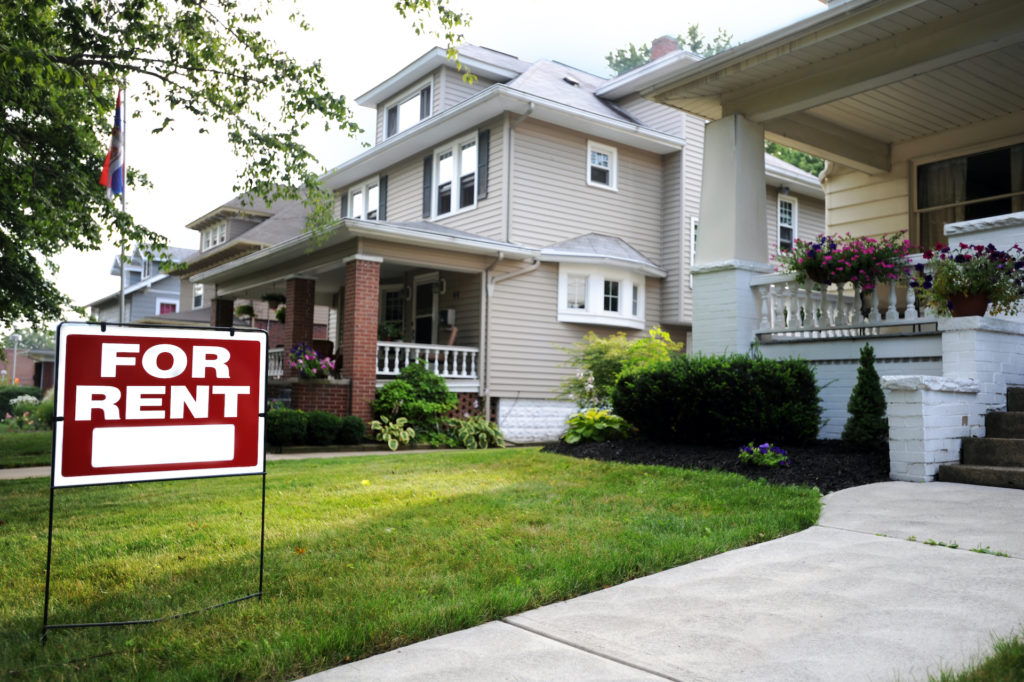
Rental property depreciation allows you to save pretty substantially in terms of taxes when you own a property. Though the process can get complicated, it’s worthwhile for any rental property owner to look into thanks to the big tax advantage this process promises.
What is rental property depreciation?
Depreciation is the loss in value over time to a building due to factors such as the following:
- Age
- Deterioration
- Wear and tear
When it comes to rental properties, depreciation lets investors write off the structure itself as well as improvements to a property over a period of time. This “expense” functions as a tax write-off, making rental property depreciation one of the biggest bonuses for real estate investments. While you rent out a property, you can still reduce your reportable net income — and, by extension, reduce your taxes.
The Basics of How Rental Property Depreciation Works
When you purchase a property with the intent to rent it out, you can depreciate the cost of acquiring that property over a period of time. While there’s no one definition of useful life for a rental property — some properties built cheaply will wear out after only a decade, while other historic properties are in fine shape for renting after more than a century — some guidelines do exist for residential rental properties.
The convention holds that residential rental properties have a useful life of 27.5 years (commercial properties have a depreciation period of 39 years, however). In other words, if you divide your cost basis in a property by 27.5, you can figure out the annual depreciation expense.
You can keep depreciating your rental property over time until either:
- You sell the property
- You have depreciated your full cost basis
Building Value vs. Land Value
Keep in mind that only the rental building itself offers value that can be depreciated. This does not include the land your property is built on. You cannot “use up” land, although buildings can have a useful life span.
That means you need to determine the value of your building compared to the value of the land that it’s on. Common ways to get this information include:
- Having a qualified professional appraise your property
- Obtaining a tax assessment to separate the value of your land
How can you find your cost basis?
While you might think the cost basis is just the amount of money you use to purchase a property, the calculation isn’t always that straightforward in reality. The cost basis for rental real estate is calculated by subtracting the value of land your property is built on from your acquisition cost, which includes any mortgage debt you obtain. So, if you pay $250,000 for a property and have the land appraised at $50,000, you’ll have a cost basis of $200,000.
However, the calculation does not end there. Some other applicable costs you can use to determine your cost basis include:
- Debts of the seller that you go on to assume, for instance assuming a $4,000 loan the seller owns. That $4,000 would then be added to the cost basis.
- Legal costs you incur while acquiring the property
- Property survey costs
- Recording fees
- Title insurance costs
- Transfer taxes
You can also adjust your cost basis over time, which is known as your adjusted basis. Your adjusted basis can include:
- Cost of additions or improvements you make to your property
- Cost of running utilities to your property
- Expenses related to casualty damage
Say you have an original cost basis of $200,000 but put $35,000 into getting a new roof and $20,000 into other renovations. You will end up with an adjusted cost basis of $255,000 for depreciation purposes.
Criteria for Depreciating Rental Property
If you want to depreciate a rental property, you must make sure you meet certain criteria, including:
- Generating income: You have to use a property to generate income. This usually means renting out the property to interested parties.
- Owning the property: You cannot claim a depreciation deduction if you just rent a property yourself and then sublet it to another party. You must own the property yourself.
- Determining a useful life for the property: This requirement explains why you cannot depreciate land. Land can never be “used up.”
- Having property with a useful life of over one year: This is not usually a problem with rental real estate, but it offers a useful guideline in terms of what other property can be depreciated and what property you should immediately expense.
- Holding a property for over one year: You should plan to hold a property for more than one year in order to depreciate the property. For example, projects that involve buying a property only to fix it and then sell it again do not usually allow you to depreciate the property during that holding period.
Why is rental property depreciation a huge tax advantage?
Rental property depreciation offers one of the biggest tax advantages out there if you own rental property. This is because depreciation gives you an annual tax deduction that is not really an actual expense. In other words, if you own a rental property that gets you $7,000 in annual income after expenses, a $3,500 depreciation expense means the taxable income from your property gets reduced to only $3,500.
The result is that rental income typically offers a lower effective tax rate than nearly any other kind of income you could earn. Rental properties commonly even show a loss for tax purposes, while still earning their owners quite a profit overall.
New property owners often overlook the depreciation deduction, especially when filing their own tax returns, so don’t panic if you didn’t claim this expense on previous tax returns. You can actually amend recent tax returns to retroactively claim your depreciation benefit by completing a Form 1040X in addition to any schedule or forms you are modifying. This would be Schedule E for a rental property owner.
Though figuring out depreciation on your rental property can get complicated, it’s certainly worth the effort. Rental property deprecation can get you considerable savings on taxes.



